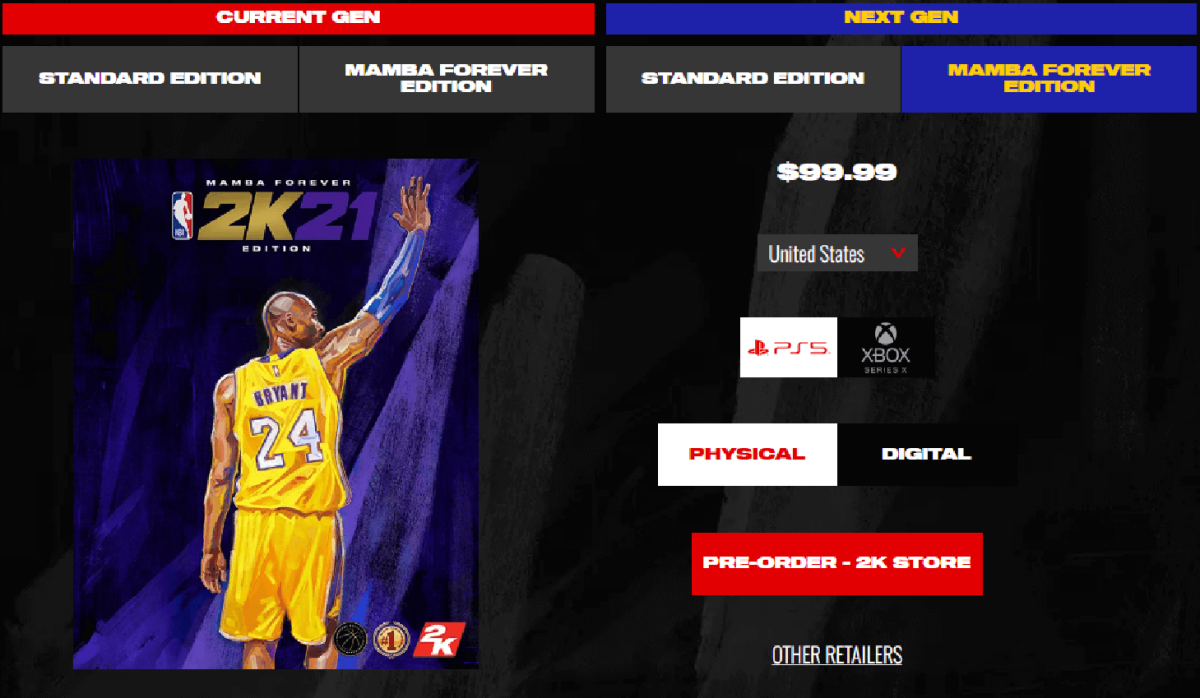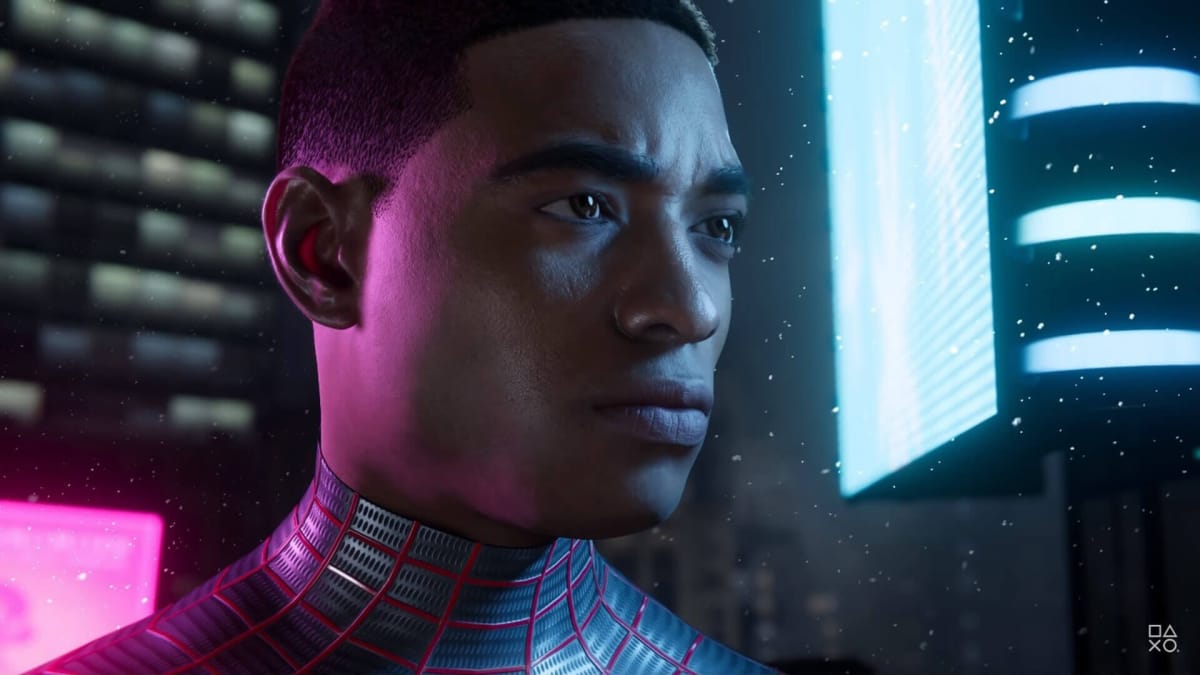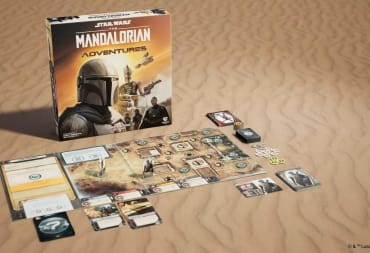In a couple of months, PS5 and Xbox Series X consoles will finally be making their way to store shelves. While official price tags have not been disclosed yet, most people are expecting these new consoles to be anywhere between $400 and $600. Definitely expensive, but not unprecedented. However, there are also rumors floating around that some next gen games will cost $70 (USD) each. There's also signs pointing in the opposite direction, as Ubisoft announced that their games will stay $60.
As far as rumors go, the price hike isn't that unbelievable. After all, next-gen version of NBA 2K21 are selling for $70. While it doesn't speak for the whole industry, it's definitely suspicious. Then there's the historical precedence. The PS2/Xbox generation of games were $50. Today they're $60. Even if the PS5 and Xbox Series X generation of games were to stay $60, it's almost inevitable that games will get more expensive. You can see this today with the indirect costs of DLC, microtransactions, season passes, and so on and so forth.
Plus there's the real-world cause of inflation. Simply put, each individual dollar is worth less than it was years ago. For example, Halo: CE was released in November 2001 for $50. According to the U.S. Bureau of Labor Statistics' Inflation Calculator, those $50 would be able to buy the same amount of stuff as $72 today. A $60 launch day PS4/Xbox One game from November 2013 fares a little better, costing about $66 today, but it still demonstrates the effects of inflation in a relatively short period of time.
It's not just inflation that can drive up the cost of games though. As games become more and more complex, more and more people are needed to work on them. Those people obviously need to be paid, and in an ideal world they'd be paid at rates matching inflation. Using Bungie as an example, they apparently had about 120 employees in May 2008, which is about a year after the launch of Halo 3. By June 2009, they had about 165 employees. By 2019, Bungie had ballooned to the point that they are allegedly employing 600 people.
If that's not enough, GTA V supposedly had about 1,000 people working on it. Assuming that each person made a minimum wage of $15 per hour (which would almost certainly not be the case), you'd get an annual salary of around $30,000 per person. Multiplied by 1,000 people, staff payments alone would cost at least $30 million per year of development. That's not including the bare minimum of real-world logistical costs either, like maintaining the buildings that these people are working in, hardware and software purchases, and who knows what else.
These numbers seem unbelievably high, but for developers with near limitless amounts of funding like Rockstar, it's merely another figure on an expense report. After all, no one ever doubted that GTA V would sell well. With how much money Rockstar makes off of Shark Cards, they could probably pay people to play GTA V on the PS5 and Xbox Series X and still make a profit. Any perceived loss of revenue due to inflation has likely been cushioned a hundred times over by microtransactions.

Indeed, any argument of inflation goes out the window (for AAA developers at least) with the introduction of microtransactions. There's almost no doubt that a relatively small team can make a couple of skins in no time at all and pull in a disproportionate amount of revenue. Hence why free-to-play games exist in the first place, or why multiplayer-only games like Overwatch continue to have support.
Regardless, the idea of $70 games does present a fascinating dilemma for everyone involved. Indie developers would almost certainly appreciate that prices are keeping up with inflation. On the other hand, if a major company like Ubisoft is deciding that $60 is a reasonable price for next-gen games (for now), then would the $70 price tag just mean that a company is being greedy? Is Ubisoft hoping to undercut their competitors with a cheaper product only to flood their games with microtransactions? Assassin's Creed Odyssey and its microtransactions certainly proved that Ubisoft isn't beyond using such tactics.
Of course, whether or not a game is worth its price tag is ultimately up to personal preferences. The last generation definitively proved that free games can be just as good as their full-retail-price counterparts. It also showed that complaints about the price hike from $50 to $60 were toothless. People still bought games at $60, and some spent even more than that for near meaningless in-game cosmetics. If the PS5 and Xbox Series X can actually deliver $70 experiences, then these same complaints regarding the price will likely be forgotten in no time at all.
Have a tip, or want to point out something we missed? Leave a Comment or e-mail us at tips@techraptor.net













